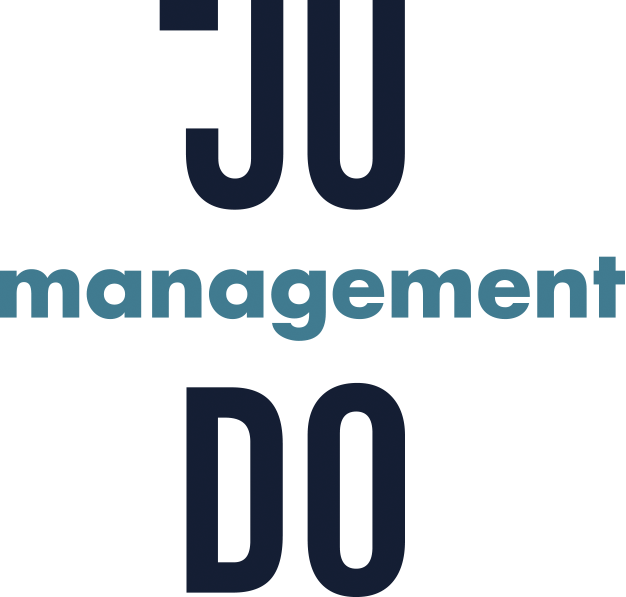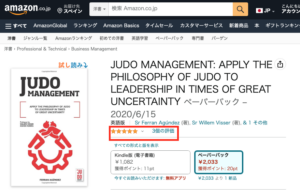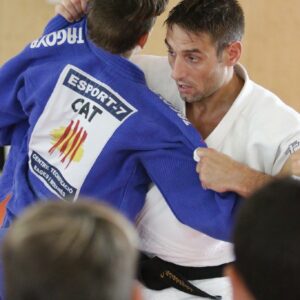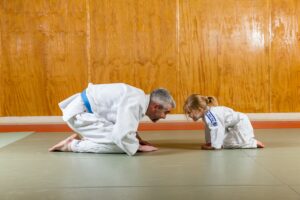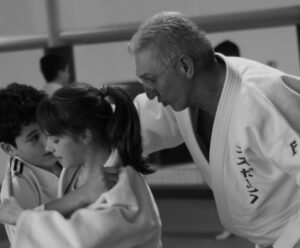In judo teaching and judo education (technical, physical and mental) it is important to know what can be taught in the different age categories.
In this article I give, globally, the principles of teaching and education is those different age categories.
A. Age 8 – 10
This phase is mainly known for the following aspects:
- The skills are simple and not complex.
- The techniques are gross motorial and not fine motorial.
- Nothing may be harmful for growth and health.
- All activities are focused on the aerobic capacity.
- Techniques are offered in easy patterns of motion.
- Much attention has to paid to Ukemi (break falling). Ukemi is the soul of judo. Fear can hinder the judo development, because the guts to attack are hindered by the fear to be countered.
- Much attention is paid to the development of self-confidence, self-esteem, mutual interaction and cooperation.
- The trainer/coach may ask for 100% commitment, but having fun is most important.
- Having the correct attitude towards winning and losing is imparted.
- In this age category judo players are stimulated to perform technique in the right way. This should be cheered for. (In this phase, correctness in technique is much more important than winning).
- Specialization of technique (Tokui-waza) should be avoided.
- In this phase competition should be not to many and low levelled. For example club competition and inter club competition.
- In this phase youth is involved in many different sports.
- Healthy eating habits has to be taught.
- Boys and girls can still do mixed competition in this phase.
A. Age 11 – 14
- Teaching of more complicated and finer motorial techniques.
- In the latter part of this phase can be started with anaerobic workouts and sub maximal strength practise.
- The judoka should still practise his motor skills and preparation for competition can be very serious.
- The judoka has to keep on building on his self-confidence and self-esteem.
- Winning is still not the main target, technique development has to be prominent.
- In this phase it is useful to set group targets and individual targets.
- Specialization should still not be encouraged, although the teacher/trainer can already see the preferred techniques.
- In this phase more competition can be made, for example regional and area levelled. These competitions should be well organized.
- In the latter part of this phase can be started with tactical and strategic development.
- Boys and girls shouldn’t make competition together anymore.
Summary
- The basic techniques should be taught.
- The techniques can be taught in motion.
- In the first part of this phase judo should be education; in the second part of this phase can be started with judo training.
- The competitions are short and well organized, starting at club level and inter club level going to regional and area level.
The key point in this basic phase A & B:
Technical development and gaining experience
Age 14 – 17
All of the components of basic phase return in this phase. And some new aspects are edit. The process of refining (polishing) technique is continued.
- The motor skills are expanded.
- The powers of concentration should be developed.
- The emphasis should still be on 100% effort and the development of self-confidence and self-esteem.
- In tactics and strategies the judoka should further develop.
- Group targets and individual targets has to be set more explicit.
- Specialization (Tokui-waza) is further developed.
- Technical wise, much attention has to paid to follow up techniques in different directions and counter attacks.
- In this phase can be started with specialized strength practise.
- Development of strength endurance can be started.
- In this phase the judoka is participating in area tournaments, national tournaments, national championships and international competitions.
- The judo education is changed over into judo training. And the standard competition training can be used.
Age 18 – 20
All components mentioned in the previous phases are further developed.
- The strength training is individualised. Individual programs are developed and offered.
- The independence and the sense of responsibility of the judoka should be developed.
- Coping with tension and relaxation is getting more and more important during this phase and the judoka should be trained in this.
- Concentration techniques should be practised.
- Self-confidence and self-esteem should be developed continuously.
- The trainer/coach should ask for 100% effort, because the judoka has plainly chosen and should accept the consequences.
- Specialization (development) now is very important.
- The judoka enters highly demanding top class tournaments and winning these competitions is the most important target.
- Technical wise the contact phase is a continuation of the Development Phase, but in this phase it is more individually focussed.
- Variations, combinations, follow ups and counter attacks are the most important aspects in this phase.
- The trainer/coach makes a year plan and bearing in mind the following:
- a. How advanced the group is.
- b. Targets and sub targets.
- c. Statistical data.
- d. National and international developments.
The key point in this phase:
Making National and International results, also at junior EC and junior WC and gaining experience at senior level.
This phase is known for HOW and WHEN.
- Gaining experience in tension regulation as well physical as mental.
- Kumi-kata is refined and strengthened.
- Reflexes should be trained.
- Specialties should be improved and being connected with specific Kumi-kata and also with other techniques.
- Anticipating on actions and the reactions of the opponent, also and mainly in Kumi-kata.
- The Moment should be educated; in time, but also in technique.
- The position on the mat should be improved.
- In this phase the transformation from junior to senior is happening. Often this goes hand in hand with a major backlash. Subtleness and carefulness in all aspects, also the technical aspects, is the best way to overcome this period.
- The top class phase is strongly individual focussed. It is very important to pay much personal attention to the individual judoka.
- Judo is an individual sport and judoka are strongly focussed on themselves, without having much eye for group processes. Functional participating in the group is desirable, because you need each other for practise.
- In the Top class Phase accurate and professional period planning is desirable and necessary to make results
All the judoka of Judo Ryu Nijmegen NL, (14 times national team champion, more than 125 individual national champions and many international results in European Championships and Olympic Games), were educated based on above mentioned theory
Willem Visser, Executive coach, Strategic Adviser, International Lecturer 8th Dan Judo IJF
With gratitude to all my teachers, specialists, colleagues and especially all the judoka that I was allowed to guide and to coach.
Sources and inspiring professionals: Van der Horst, Cobben, Abe, Saitoh, Yamashita, Uemura, Sugawara, Murata, Hosokawa, Komata, Takahashi, Nakamura, Kasuga, Kawashima, Kariya, Brousse, Besson, Rougé, Ruska, Geesink, de Cree, Barta, Vachun, Viser, Lascau, McConnell, Snijders, Sins, Hoogendijk, Boersma, Odinot, van Dijk, Klok and many others.
